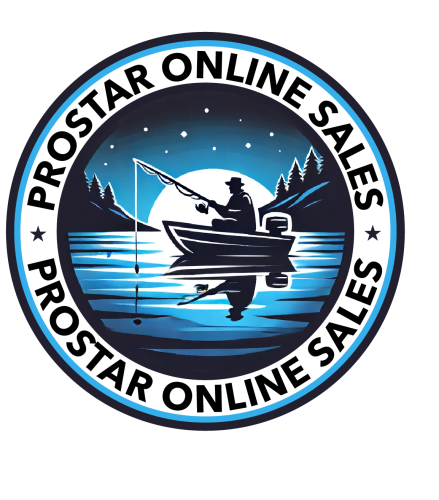In recent years, the concept of combining leisure activities with philanthropic efforts has gained significant traction. Among these, boating has emerged as a unique and effective way to support various charitable causes. Boating for a cause involves using boats and related activities to raise awareness and funds for a wide array of social and environmental issues. This article explores how boating enthusiasts and organizations leverage their passion for the water to make a positive impact on society and the environment.
Boating, an activity traditionally associated with recreation and relaxation, has evolved to include a philanthropic dimension. Various boating events, from local regattas to international yacht races, are now being organized with the specific aim of supporting charitable initiatives. These events draw in participants and spectators alike, creating a powerful platform for raising awareness about important causes. For instance, charity regattas often partner with non-profit organizations, directing all proceeds towards initiatives such as cancer research, marine conservation, and education programs.
One of the key advantages of using boating as a fundraising tool is its ability to attract a diverse group of people. Boating events often include a range of activities beyond racing, such as sailing lessons, boat shows, and family-friendly entertainment, which can engage a broader audience. This inclusivity not only increases the reach of the cause but also fosters a sense of community among participants. By bringing people together, these events create a shared sense of purpose and commitment to making a difference.
Moreover, the boating community is uniquely positioned to address environmental issues, particularly those related to marine ecosystems. Many boating events focus on raising awareness about the threats faced by our oceans, such as plastic pollution, overfishing, and climate change. For example, some organizations conduct “clean regattas,” where participants commit to sustainable practices, like reducing single-use plastics and ensuring proper waste disposal. These events highlight the importance of protecting marine environments and encourage boaters to adopt eco-friendly habits both on and off the water.
Boating for a cause also extends to educational initiatives aimed at promoting water safety and skills development. Programs that teach underprivileged youth how to sail or navigate can have a profound impact on their lives. These programs not only provide valuable skills and knowledge but also instill confidence and a sense of achievement. By offering access to boating activities, these initiatives open up new opportunities for personal and professional growth, contributing to the overall well-being of the participants.
Corporate sponsorship plays a significant role in the success of many boating charity events. Companies often see these events as an opportunity to demonstrate corporate social responsibility and engage with their communities. Sponsorships can provide the necessary funding for event logistics, promotional activities, and donations to the chosen causes. Additionally, companies can leverage their networks to increase the visibility and impact of the event, attracting more participants and raising more funds for the cause.
The impact of boating for a cause is further amplified by the stories and experiences shared by participants. Many individuals involved in these events have personal connections to the causes they support, and their stories can be powerful motivators for others. Personal testimonies and shared experiences create an emotional connection that can inspire action and generosity among a wider audience. Social media platforms and other digital channels play a crucial role in disseminating these stories, reaching a global audience, and encouraging more people to get involved.
While the primary goal of boating for a cause is to support charitable initiatives, it also provides significant benefits to the boating community itself. These events foster camaraderie and a sense of belonging among participants, enhancing the overall boating experience. They also provide an opportunity for boaters to give back to the community and the environment that they enjoy. This reciprocal relationship strengthens the bond between boaters and the causes they support, creating a sustainable model for ongoing philanthropy.
In conclusion, boating for a cause represents a powerful convergence of passion and purpose. By leveraging the appeal of boating, individuals and organizations can raise significant funds and awareness for a variety of important issues. From supporting medical research and education to promoting marine conservation and water safety, the impact of these initiatives is far-reaching. As more people and companies recognize the potential of boating for a cause, this trend is likely to grow, making waves of positive change in communities around the world.
